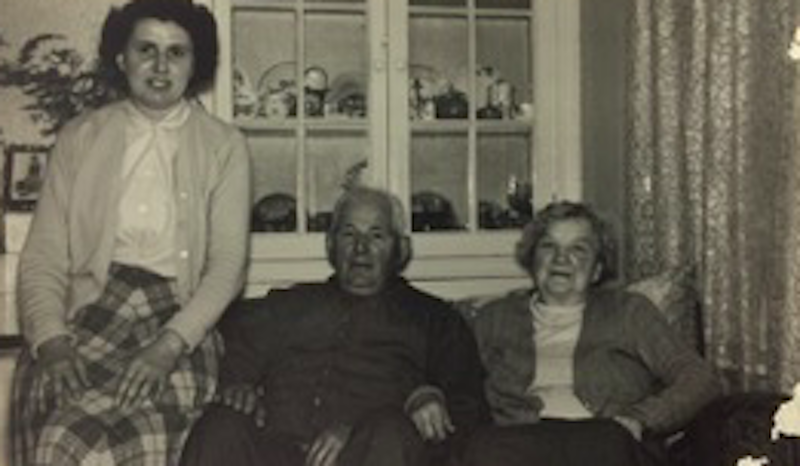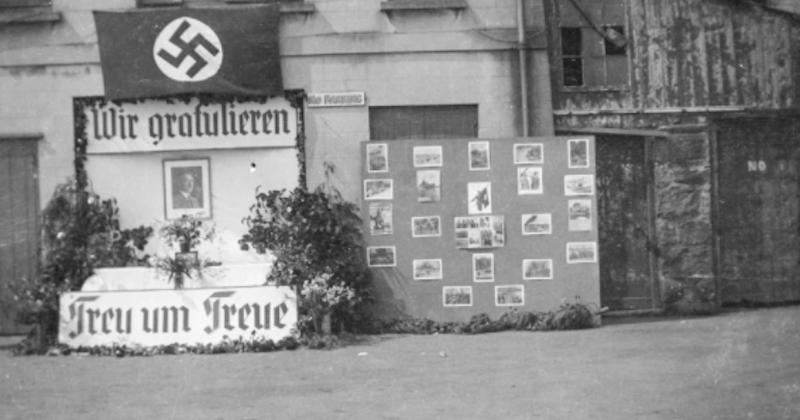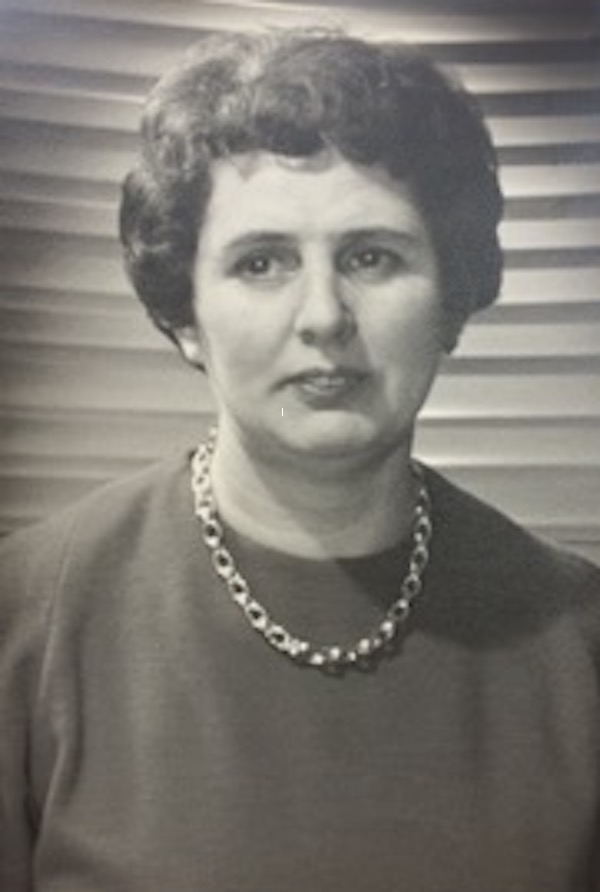

The story of Irene Rose - a young nurse living and working in Guernsey during the Occupation - continues, as she describes the extraordinary experience in her own words, through her recently discovered diary entries, which have been shared with Express in the run up to Liberation Day...
"All large houses were taken over by the Germans.
They simply knocked on the door and told the occupants to get out. Except for a few personal clothes, they could take nothing with them.
Lots of damage was done to these houses, especially as the years went on. As we had no gas, one and a half units of electricity a week and no coal or other form of heating, they simply burnt the furniture, floorboards and skirting.
There was no mistaking the houses that the Germans lived in as they painted a large green laurel wreath on the outside; it would have been super if the British had landed as they would have known exactly where the Germans were!

Pictured: Image from visitguernsey.com courtesy of the Priaulx Library & Occupation Archive.
In 1942, radio sets were ordered to be given in and so we made crystal sets from a cat’s whisker. I took down the news in dictation which was transmitted to us by the British on a special channel. As all this was illegal, we went to work with the paper tucked in our bras.
Our cat knocked over our crystal set and we had to search everywhere for the crystal with a candle!
On one occasion VE signs appeared on the roads and walls and the Germans were furious. All men were made to link hands in lines from 10:00 to 18:00. This went on in shifts for months but it was never discovered who did it.
When Guernsey coins had all gone (the Germans took them away as souvenirs), the States of Guernsey printed our own notes. Also in use, of course, was the Deutsche Mark.
Roy Machon, who was a projector operator at the Regal Cinema, made brooches out of English coins, forming them into ‘V’ signs and they sold like hot cakes. Unfortunately he was caught and sent to a concentration camp where he later died.

Pictured: Irene Rose.
Any music that had been written by Jews or of Jewish origin was banned. Before plays were produced a copy had to be sent to the German HQ for censoring. If any of the Royal Family, familiar places in London etc. was mentioned then it would be ‘blue-pencilled’ out.
Entertainment was given by local people at the Lyric Cinema – also variety concerts. We had many good singers and dancers in the island. The Regal Players produced and put on plays of a very high standard. We called ourselves the 'Amherstian Players' and produced many comedies including ‘Three Half-crowns’ and ‘The Rotters.’
To satisfy the troops many French girls were brought to the island and a special house was allocated to them in Hauteville, next to Victor Hugo’s house. They were all blondes, redheads or dark and they were given extra rations of soap!
Rene's story will continue on Express throughout the week...
To read more about Rene herself click HERE.
Pictured top: Irene Rose on the left.